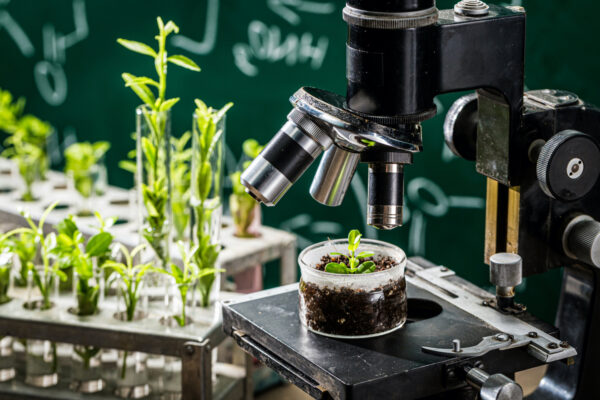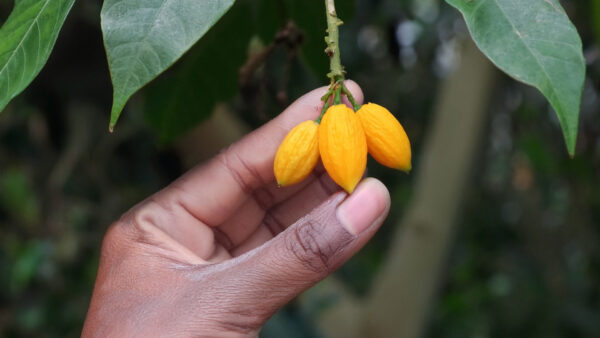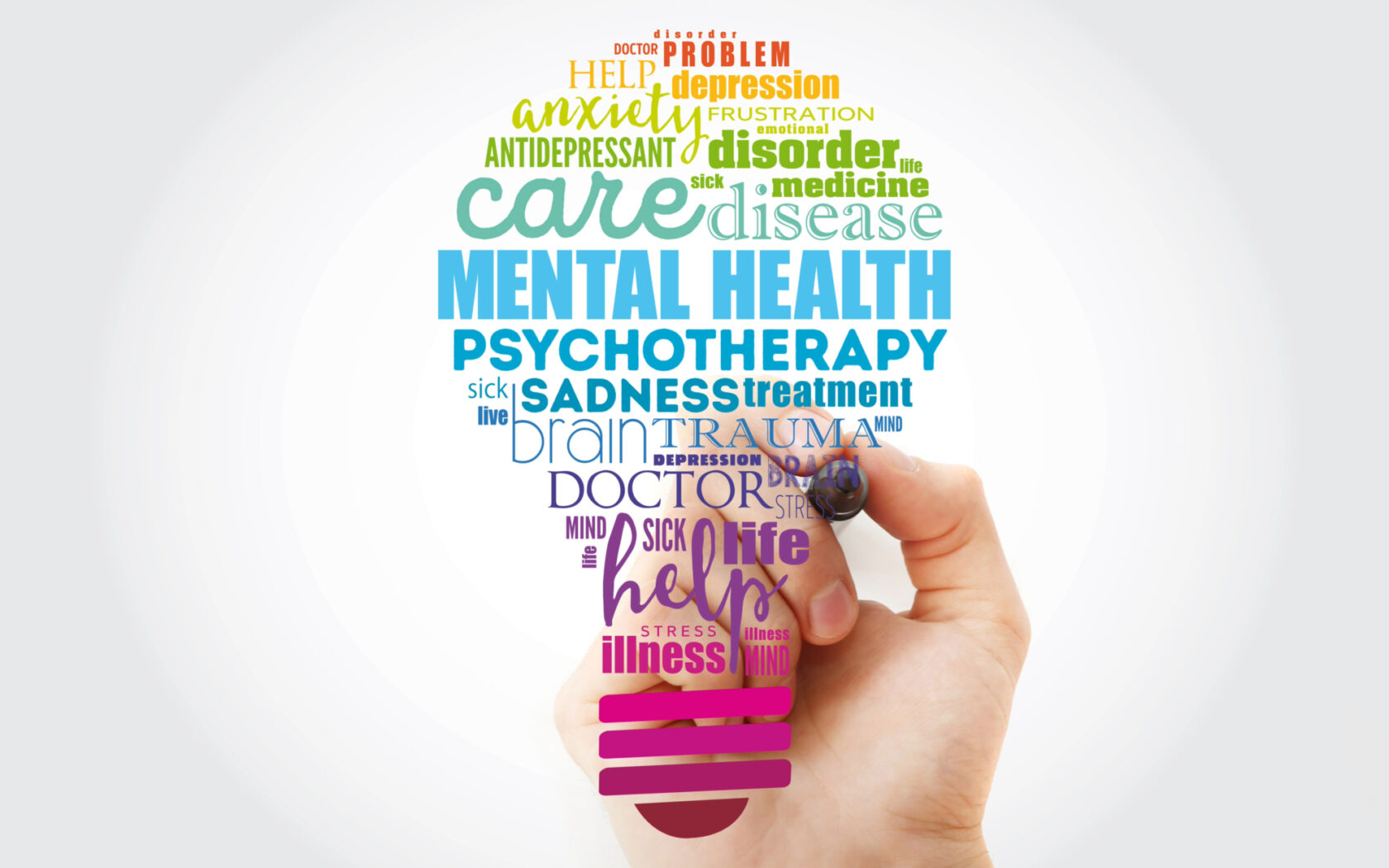Texas Takes a Bold Step in Psychedelic Therapy
Texas has made headlines nationwide by investing $50 million into psychedelic research, with a strong focus on ibogaine, a naturally occurring substance believed to help with mental health and addiction.
This historic funding effort places Texas among the first states to undertake large-scale research into alternative treatments for conditions that often resist traditional therapies.
The state’s goal is to discover new and effective ways to help people, especially veterans, who struggle with post-traumatic stress disorder (PTSD), traumatic brain injuries, and substance use disorders. This initiative pairs public funds with matching private investment, potentially doubling the total research budget to $100 million. Texas will also maintain a financial interest in any resulting drug developments.
This groundbreaking effort arrives at a time when the country is facing an ongoing mental health crisis. Over 727,000 Americans have died from opioid overdoses since 1999.
Many of those seeking help, particularly veterans, have traveled abroad to access ibogaine therapy, as it remains illegal in the U.S. By supporting scientific research, Texas hopes to offer new hope for recovery while encouraging innovation in mental healthcare.

What Is Ibogaine?
Ibogaine is a powerful psychedelic substance extracted from the root bark of Tabernanthe iboga, a shrub native to Central and West Africa.
For centuries, it has played a role in traditional spiritual and healing ceremonies. Today, researchers are exploring its potential to treat addiction and mental illness.
Key Facts About Ibogaine:
- Plant-based origin: Derived from a natural source, aligning with the growing interest in nature-based wellness.
- Cultural history: Used in African healing rituals for generations.
- Psychedelic properties: Known to induce intense, often dream-like experiences that can last up to a full day.
- Legal status: Currently banned for medical use in the U.S., but scientific interest is growing rapidly.
Why Scientists Are Studying Ibogaine
Ibogaine is drawing attention because of its potential to disrupt addiction and improve mental health.
Early studies and personal accounts suggest it may significantly reduce cravings and ease withdrawal symptoms from substances like opioids and alcohol.
How Ibogaine Might Work:
- Brain reset: Ibogaine appears to “reboot” the brain’s reward system, helping to reduce addiction triggers.
- Neuroplasticity: It may support the brain in forming new neural connections, which is key to healing from trauma.
Deep reflection: The psychedelic experience often encourages people to confront unresolved emotions and past trauma.

What the Research Shows So Far:
- Even a single treatment may lead to lasting reductions in substance cravings.
- Participants have reported an improved mood and enhanced mental clarity following sessions.
- While early findings are promising, further research is needed to understand its safety and long-term effectiveness.
Texas’s $50 Million Investment: Purpose and Plans
The funding was approved through a bipartisan effort in the Texas Legislature, signaling broad political support for exploring alternative mental health treatments. This move makes Texas a leader in the growing national interest in psychedelics.
Main Objectives of the Funding:
- Scientific progress: Support rigorous clinical trials to evaluate ibogaine’s medical potential.
- Veteran care: Prioritize veterans suffering from PTSD, brain injuries, and addiction.
- New therapies: Investigate the potential use of ibogaine in combination with other treatments to enhance recovery outcomes.
Key Players in the Project:
- Universities and researchers: Texas academic institutions will lead much of the work.
- Hospitals and clinics: Clinical trials will be conducted in medical settings under the supervision of professionals.
- Private partners: Nonprofits and companies may join the effort by offering funding and resources.
What Comes Next:
- Starting clinical trials in controlled, monitored environments.
- Collecting and analyzing data to submit to the FDA and other health regulators.
- Sharing progress with the public to educate and reduce stigma around psychedelic medicine.

How Veterans and Communities Could Benefit
A significant focus of the program is helping veterans, many of whom face high rates of addiction, depression, and suicide.
Traditional treatments like medication and talk therapy don’t work for everyone, and ibogaine offers a possible alternative for those who’ve exhausted other options.
Potential Benefits:
- For veterans: Access to a new form of therapy that addresses trauma at its root.
- For families: Relief and hope for loved ones affected by addiction and mental illness.
- For communities: Reduced strain on the healthcare system and improved overall well-being.
Real-Life Stories:
Many veterans who have traveled abroad for ibogaine therapy have reported dramatic improvements in their mental health. These personal accounts have helped push the conversation forward and influenced lawmakers to support research.
The Road Ahead for Psychedelic Medicine
Texas’s investment could spark interest in other states to follow suit, creating a wave of support for natural and alternative mental health solutions. If ibogaine proves safe and effective, it may eventually be approved by the FDA and integrated into mainstream healthcare.
Opportunities:
- Regulatory approval: Clinical evidence could lead to legal, doctor-supervised use of ibogaine.
Policy reform: Success in Texas might encourage national shifts in how psychedelic treatments are viewed.

- Natural healing trend: As interest in plant-based wellness grows, ibogaine fits the movement toward holistic healthcare.
Challenges Ahead:
- Health risks: Ibogaine can cause heart complications and must be administered carefully.
- Slow regulation: Federal approval requires extensive research and time.
- Fair access: Ensuring treatment is available to all, not just those who can afford it, will be a key issue.
How to Stay Engaged:
- Follow research updates from Texas universities and medical teams.
- Support nonprofits advocating for better mental health options.
- Help raise awareness by sharing facts and personal stories to combat misinformation.



